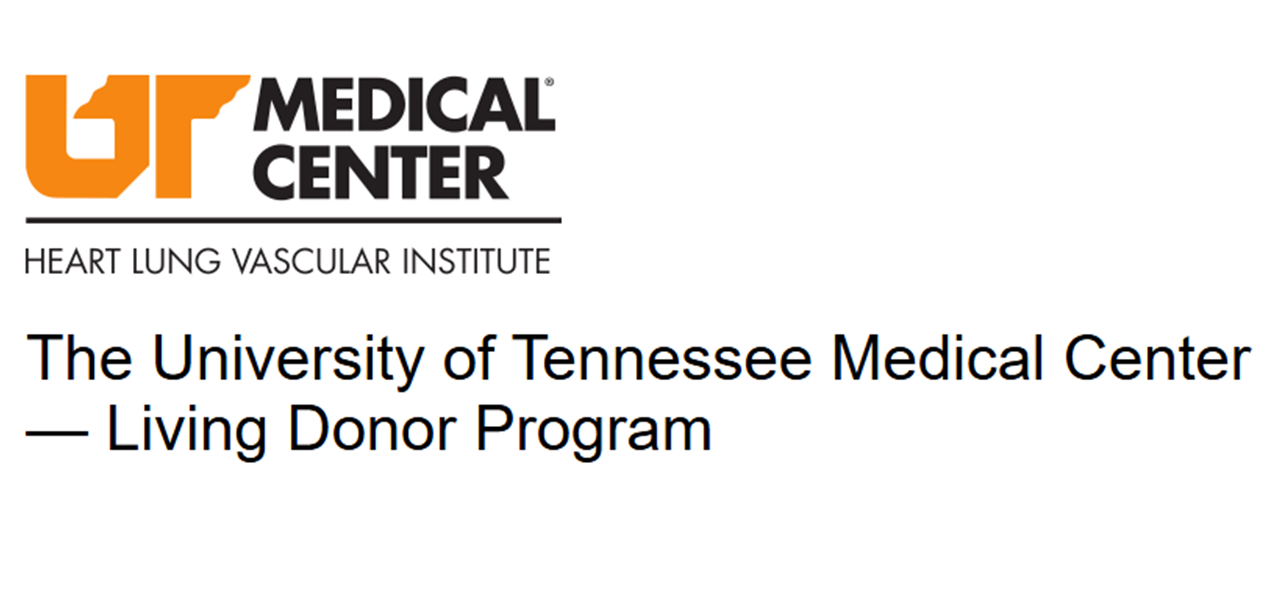An array of bills made their way across Gov. Bill Lee’s desk for his signature, including addressing cell phones in schools, sober DUIs, banning Glock switches and more.
NASHVILLE, Tenn. (WSMV / WVLT – story courtesy of WVLT) – Following the 2025 legislative session, a new set of laws is set to take effect in Tennessee on July 1.
An array of bills made their way across Governor Bill Lee’s desk for his signature, including addressing cell phones in schools, sober DUIs, banning Glock switches and more.
During a January special session, lawmakers passed three bills that were focal points for the governor: one focusing on the enforcement of President Donald Trump’s immigration laws, another to provide disaster relief for those impacted by Hurricane Helene and for Lee’s school voucher program.
Below is a list of the new laws taking effect on July 1 in the Volunteer State:
Education:
- Restricting cell phones in schools: The measure requires school boards and governing bodies of public charter schools to create policies preventing students from using cell phones, tablets smartwatches or other wireless communication devices during instructional time. There are exceptions to the rule, such as allowing students with disabilities to use them for learning or when a student is using a phone or smart device for a classroom presentation.
- Employers, schools could be sued for using preferred names, genders: The law allows for lawsuits to be filed against certain employers and public schools in Tennessee if they use preferred pronouns and names without parental consent. The new law says that if the preferred name or pronoun is inconsistent with the person’s legal name or gender that it puts people at civil liability.
- Education Freedom Act: The $500 million plan gives 20,000 Tennessee students around $7,000 in public funds to pay for private school tuition. The revamped Education Freedom Act contains new language allowing for each public school to be compensated should a student choose to relocate to a private institution.
- Recess: Increases recess time for elementary school students.
Public Safety:
- Banning Glock switches: This law ensures harsh penalties for anyone caught with a handgun displaying the device, allowing users to convert semi-automatic firearms into illegal fully automatic machine guns. It expands the definition of a machine gun in the state, elevating the charge from a Class E felony to a Class C felony.
- Punishing those who make threats of mass violence: Creates new offenses against those who make threats of mass violence and online doxxing.
- Unlawful photography: Revises the present law to make the offense of unlawful photography a felony.
- Child abuse: Penalty increased to a felony if a person abuses a child between the ages of 9 and 17 to inflict injury.
- Preventing Deepfake Images Act: Creates civil and criminal actions for individuals who are the subject of an intimate digital depiction that is disclosed without the person’s consent.
- Combatting AI-generated child porn: The law makes it a criminal offense to knowingly possess, distribute, or produce any software or technology specifically designed to create or facilitate the creation of AI-generated child porn.
- Combatting bullying/cyberbullying: Punishes teens for committing an act of harassment by engaging in bullying or cyberbullying by suspending driving privileges or their ability to get a driver’s license for one year.
- Voyeurism Victims Act: The act would change the existing law, eliminating the statute of limitations. The law currently reads that there’s a one-year statute from when the crime occurs. This act changes that to begin when the victim finds out about the crime.
Immigration:
- Immigration enforcement: The law provides incentives for promoting the enforcement of federal immigration and criminal penalties/removal of officials who adopt sanctuary policies and create a centralized immigration enforcement division within the Department of Safety. That division, the Centralized Immigration Enforcement Division, ensures efficient resource allocation and effective enforcement of immigration laws, according to Gov. Lee’s office.
- Human smuggling/harboring: Criminalizes the harboring of undocumented immigrants.
Traffic/Travel/Transportation:
- Sober DUI: The bill requires the Tennessee Bureau of Investigation, each year, to not only document how many sober people are arrested for DUI, but also which police agencies are making the arrest. This bill was sparked by the WSMV4 Investigation, Sobering Problem.
- Driver’s Licenses: Limits the number of points assessed to a person’s driver’s record to four for the offense of operating a vehicle with a canceled/suspended/revoked license.
- Infrastructure: TDOT to study needs, costs and funding sources for the years 2026, 2050 and 2075; along with a new Transportation Equity Trust Fund involving new/used vehicles and new/used tires.
More:
- Dismantling DEI Departments Act: No state government department, agency or any other unit of state government will be allowed to promote or require diversity, equity, or inclusion (DEI) policies or programs in Tennessee.
- TennCare: Requires TennCare plans to provide coverage and reimbursement for mental health services and treatment.
- Success Sequence Act: The bill aims to teach a success sequence to students, which includes finishing high school, then getting a job or moving to higher education, getting married and then having children.
For more information on new laws, https://wapp.capitol.tn.gov/apps/indexes/.
















